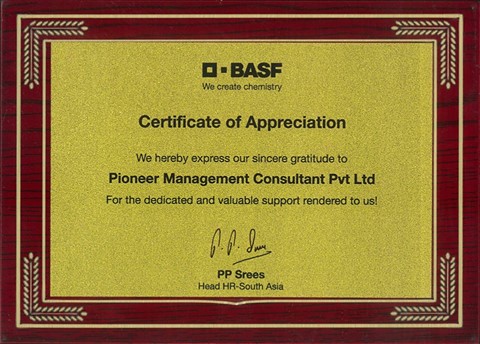Mental health, like a dormant volcano, impacts us all. It can either aid or disrupt daily life. Acknowledging its presence, understanding its dynamics, and adopting coping mechanisms are crucial for a resilient Generation Z.
From the World Health Organisation’s definition of health as “a state of complete physical, mental and social well-being and not merely the absence of disease or infirmity”, it is clear that mental health is an essential part of a person’s health. Have you ever wondered what it is like to live, feeling like you are not enough, your life is falling apart along with feeling like a disappointment? This is exactly how a person dealing with mental illness constantly feels like. Here we will talk about mental health and coping mechanisms for Gen-Z.
Mental health is like a volcano. For some, it’s dormant; calm, and peaceful, where it aids rather than destroys daily life. Others experience it as dynamic and active, where the threat of an eruption is always on the horizon. The danger of it becoming potent and disruptive, uncontrollable and angry, controls the mind like a puppet instead of it being the other way around. For me, when things went from bad to worse, depression and anxiety became almost an inseparable part of me. They went from being illusions of my mind to shadows of my being, following me around like a reminder of how they have gone from being a small thought in my mind into the actions that I do.
Coping mechanisms are indispensable tools for Generation Z individuals navigating the complexities of the modern world.
Presenting 5 coping mechanism strategies—a guide to mental health strategies tailored for Generation Z.
-
Open Communication: Encourage a culture where expressing thoughts and emotions is not only accepted but celebrated. Create a safe space for open conversations about mental health, fostering a sense of understanding and support.
-
Digital Detox: Break the relentless cycle of social media comparisons by taking regular digital detoxes. Limiting screen time and cultivating a healthier relationship with technology can contribute to improved mental well-being.
-
Mindfulness Practices: Embrace mindfulness techniques such as meditation and deep breathing. These practices empower Gen Z to stay present in the moment, manage stress effectively, and build resilience in the face of life's challenges.
-
Healthy Lifestyle Habits: Establishing healthy habits, including regular exercise, a balanced diet, and sufficient sleep, not only contributes to physical well-being but also significantly impacts mental resilience. Prioritize self-care as an integral part of daily life.
-
Goal Setting and Supportive Community: Set realistic goals, celebrate small victories, and acknowledge setbacks as part of the journey. Building a supportive community provides a crucial safety net, fostering connections that offer understanding and encouragement, creating a resilient and mentally healthy Generation Z.
The mental health of Generation Z is a topic that demands serious attention and action. By implementing these coping strategies, Gen Z individuals can proactively prioritize their mental well-being and build resilience in the face of life's challenges. Encouraging open dialogue, fostering healthy habits, and seeking professional support when needed are essential steps toward creating a generation that not only survives but thrives mentally in the dynamic world they inhabit.
_________________________________
Author: Gun Garg - A first-year college student, pursuing BA Hons. in English literature who loves to read and write.
#GenZWellness #MentalHealthGuide #CopingStrategies #MindfulnessForGenZ #DigitalWellBeing #HealthyLifestyle #OpenCommunication #ResilientGenZ #SupportiveCommunity #SelfCareForGenZ #pmcpl #pioneermanagementconsultantpvtltd


.png)
Leave a comment